

As Saudi Arabia transitions from the hot summer to the cooler months of October to February, it is important to be cautious. This period is known for an increase in upper respiratory infections like the flu and common colds. Dry winter air can weaken natural mucus barriers, allowing viruses easier access to the body. Additionally, more time spent indoors, particularly in schools, can contribute to the spread of these infections.
Maintain Distance: Minimize close contact with individuals who are unwell. Keeping a safe distance helps protect yourself and others from respiratory viruses.
Stay Home When Ill: If you’re unwell, refrain from attending work, school, or running errands. Resume normal activities only after at least 24 hours of improving symptoms and no fever without the use of fever-reducing medication.
Cover Coughs and Sneezes: Always cover your mouth and nose when coughing or sneezing. Since flu viruses spread through droplets, wearing a mask can also serve as an additional preventive measure.
Practice Hand Hygiene: Frequent handwashing is essential in protecting against germs. When soap and water are unavailable, use an alcohol-based hand sanitizer.
Avoid Touching Your Face: Reduce the risk of infection by not touching your eyes, nose, or mouth, especially after contact with potentially contaminated surfaces.
Adopt Good Hygiene and Healthy Habits: Regularly clean commonly touched surfaces like countertops and doorknobs to prevent illness. Ensure sufficient sleep, physical activity, stress management, hydration, and a nutritious diet to support overall health.
Stay Hydrated: Consume ample fluids such as water, juice, clear broth or warm lemon water to stay hydrated. Limit caffeine, which can contribute to dehydration.
Sip Warm Liquids: Warm liquids like chicken soup, tea, or warm apple juice can soothe a sore throat and alleviate nasal congestion. Honey may be helpful for cough relief in individuals over one year old. Avoid administering honey to infants under one year due to the risk of botulism.
Prioritize Rest: Ensure sufficient rest and remain home from work or school if experiencing fever or a severe cough. Avoid leaving the house if medication causes drowsiness.
Adjust Room Conditions: Maintain a comfortably warm room environment. If the air is dry, a cool-mist humidifier can alleviate congestion and coughing. Regularly clean the humidifier to prevent bacterial and mold growth.
Use a Saltwater Gargle: Gargling with a solution of 1/4 to 1/2 teaspoon of table salt in 4 to 8 ounces of warm water can provide relief for a sore throat. Children under six may struggle with gargling effectively.
Employ Throat Soothers: Ice chips, lozenges, or hard candy can help soothe a sore throat. Exercise caution with lozenges or candy for young children to prevent choking hazards. These should not be given to children under six.
Utilize Saline Nasal Drops or Sprays: These products can keep nasal passages moist and aid in loosening mucus.
For Infants and Young Children: Use saline nasal drops, followed by a suction bulb to remove mucus from each nostril. Insert the bulb syringe gently about 1/4 to 1/2 inch into the nostril.
By adhering to these practices, we can help maintain our health and ensure a safer environment for everyone during the cold and flu season.
__PRESENT
__PRESENT

JHAH joins the World Alliance for Breastfeeding Action and the MOH in supporting World Breastfeeding Week

A good night’s sleep can help repair damaged heart and blood vessels. We have simple tips to help you sleep better

The good, and bad news about breast cancer – and how to fight it
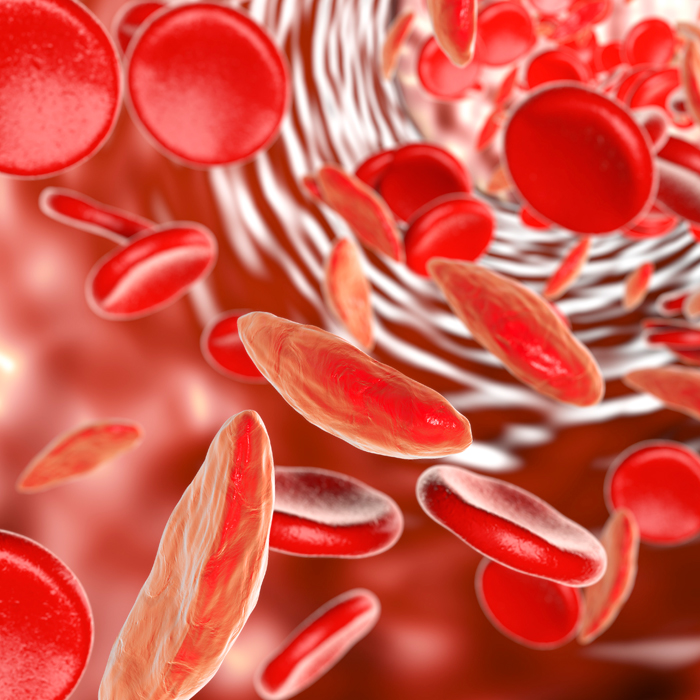
Find out how changes to how we manage the pain of sickle cell disease have led to a massive drop in emergency care and hospitalization

A few ideas for a good nutrition program that can help strengthen your immune system

There are many health and nutrition tips that can boost your immune system

The Kingdom is the second in the Middle East and the seventh globally in the rate of Type 2 diabetes, find out how you can take control of your diabetes and lead a healthy life
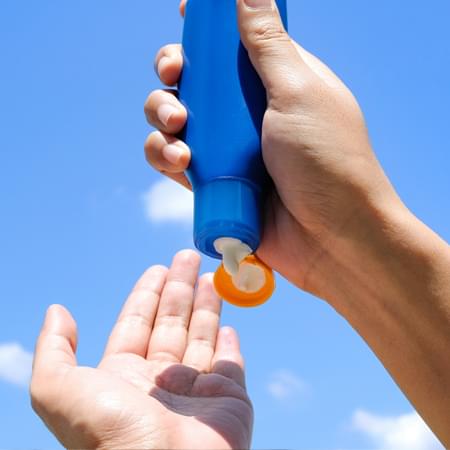
Health issues related to sun exposure and how you can protect yourself

Include fruits in your daily menu, in whichever way you like, and stay healthy

Heart attacks often occur when people are alone. Knowing what to do when heart attack symptoms come on can save your life

Encouraging people who suffer from obesity to take part in safe solutions to weight loss, lifestyle change, and weight maintenance
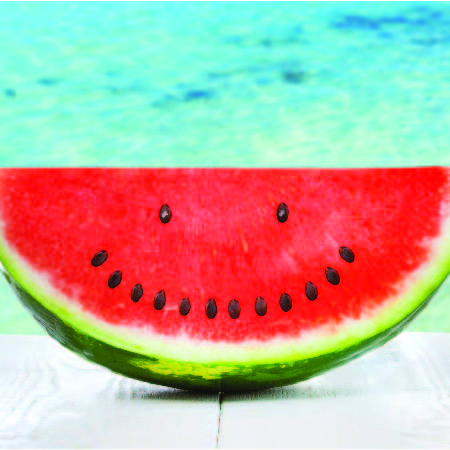
We tend to forget that the sun’s shine and brightness can be quite harmful during the summer. Tips to stay healthy and cool during summer
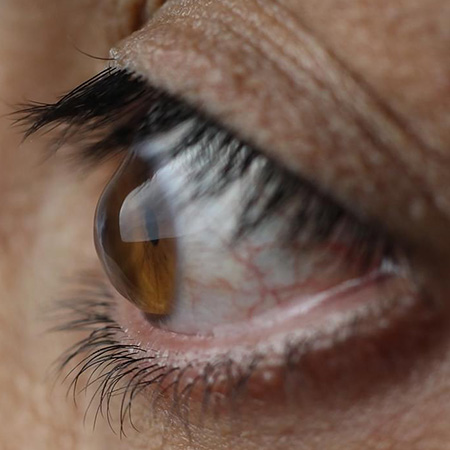
Keratoconus is an eye disease that affects the Cornea, the clear transparent part of the eye. This disease causes progressive thinning and protrusion of the cornea giving it a conical shape.

No matter what type of medicine your doctor prescribes, it's always important to be safe and follow medication safety measures

Learn about Alzheimer’s disease, it's symptoms, causes and risk factors, and what to do if you have Alzheimer's disease

Proper nutrition and exercise play important roles in reducing the risk of breast cancer

Learn how to properly use antibiotics to avoid resistance and protect your health

Collecting your medication from the pharmacist is not just a medication transaction but an opportunity to enhance your understanding of the medication and better care for your health.

JHAH Tawazon Program works with pre-diabetic patients to help them modify their lifestyle to prevent or delay type 2 diabetes

Here are a few essential points to discuss with your pharmacist to better understand your medication to ensure your wellbeing.

Four simple and practical guidelines that will help you to keep safe from food-borne diseases in your kitchen

Read our expert advice on blood donation guidelines and how you can play a role in saving lives

Protect your medications against the heat of summer with a few simple tips

Start your day with nutritious foods to boost your energy and metabolism levels

JHAH Clinical Nutrition and Food Services Unit is here to help you make your sweets healthier, lighter and heart friendly
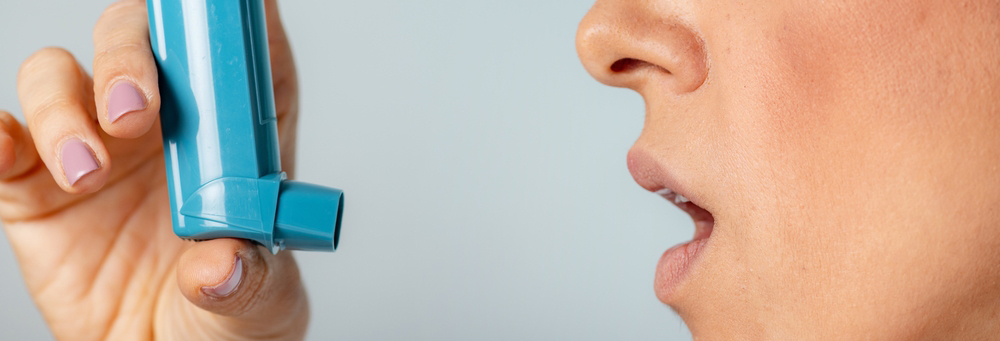
Important techniques to ensure effective delivery of medications to the lungs

Signs of dehydration indoors, symptoms to watch, and tips to stay hydrated even without thirst.

Three ENT surgeries significantly improve the breathing of a 21-year-old patient.

Colon cancer screening can detect the disease in its early and treatable stages
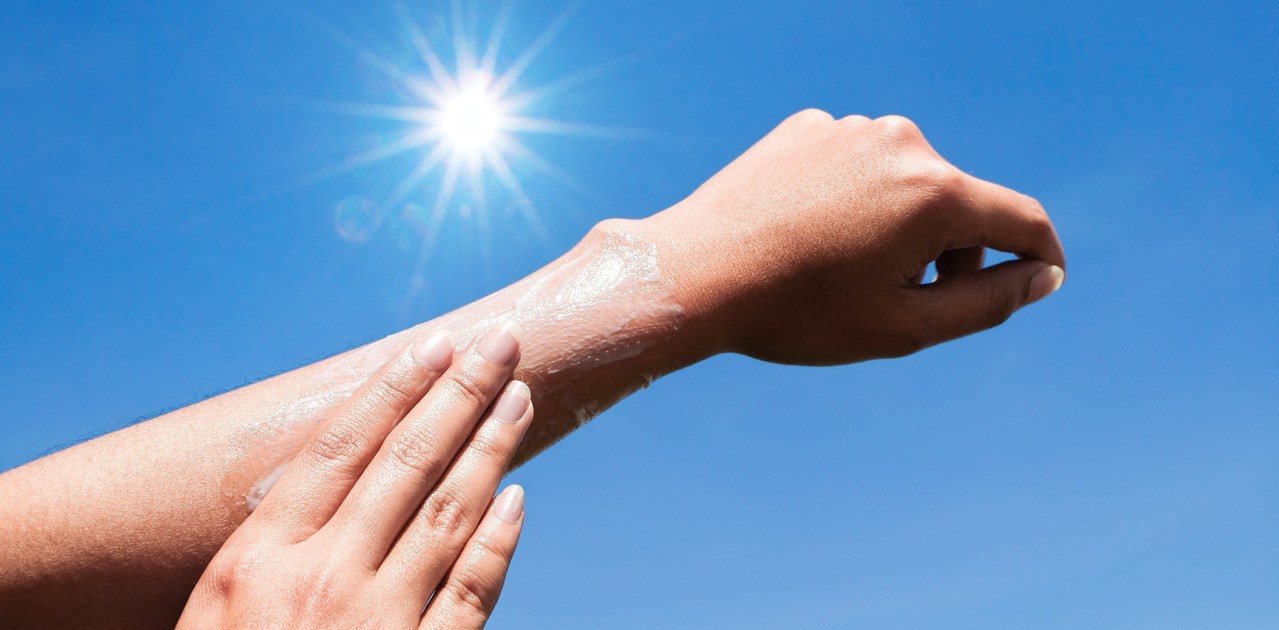
Scientifically backed tips to keep your skin in top condition.
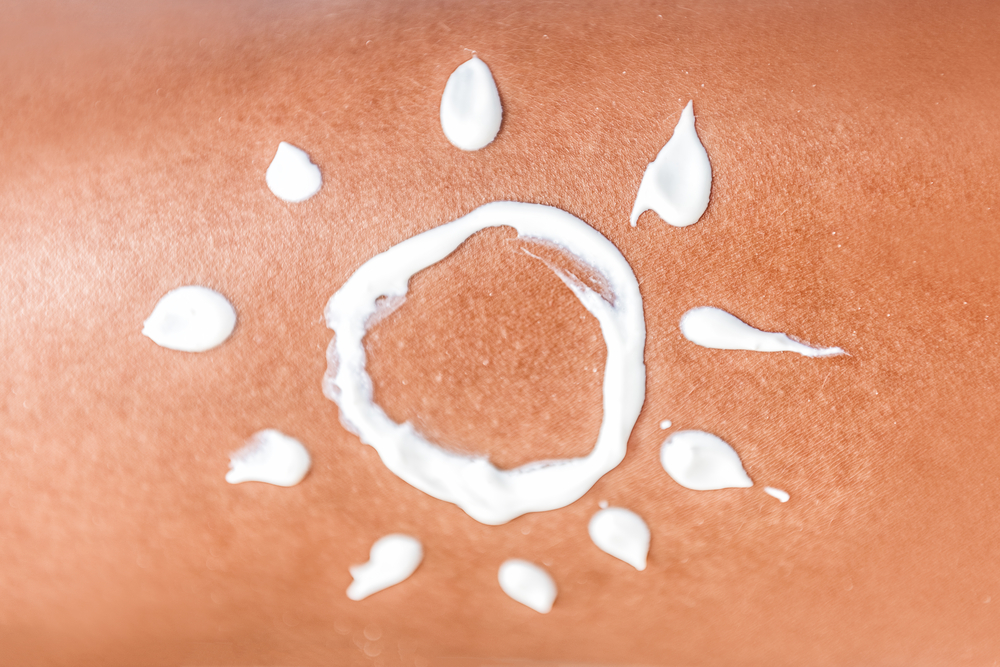
Enjoy being outdoors while keeping your skin healthy, protected and radiant
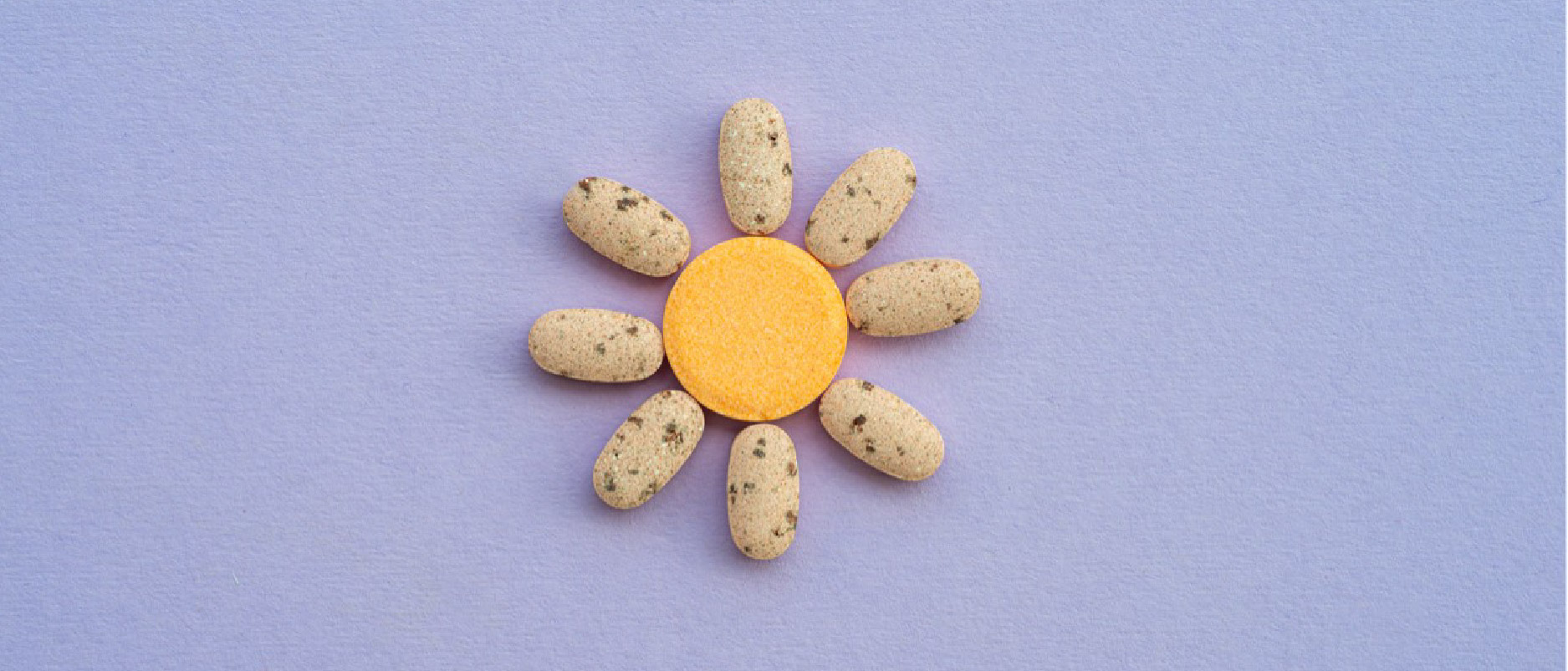
Explore the vital role of vitamin D in health and learn how to maintain adequate levels through diet and sunlight.

Explore essential insights on breast cancer, its risks, symptoms, and treatment options.

Join us for International Chronic Obstructive Pulmonary Disease Day as we raise awareness and clear misconceptions.

Explore the risks of falling and learn key effective prevention strategies.

Iron deficiency anemia, its causes, symptoms and effective dietary strategies.

Discover the importance of selecting the right pillow for alleviating neck and shoulder pain and enhancing sleep quality.

Discover essential practices for reducing infection risks. Stay informed and protect your health and the health of others

Relieve eye strain and improve focus with the 20-20-20 rule and other tips

Help children stay safe online by teaching privacy, secure settings, and cyberbullying awareness

Boost immunity and well-being this winter with healthy habits, exercise, hydration and sleep

Raise awareness for heart disease prevention through healthy habits, diet, and stress management

Explore how children's exercise programs focus on neurological adaptation and muscle learning rather than muscle size alone
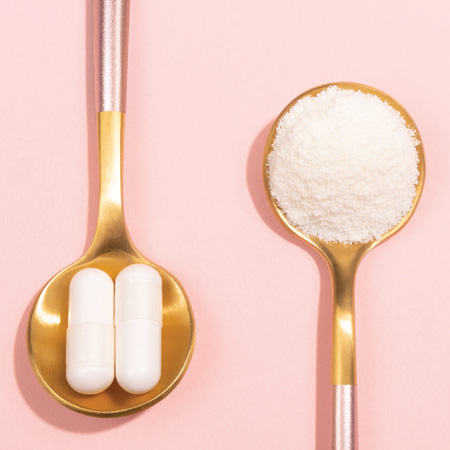
Learn about collagen, its role in your body, and how diet and lifestyle impact its production

Tips for coping with seasonal challenges to boost your mood and wellbeing

Hooked on social media or gaming? Learn how constant screen time could be harming your health and what you can do about it.

Discover how Vitamin D plays a vital role in your health—from boosting immunity and mood to strengthening bones and supporting heart function.

Looking for a discreet way to straighten your teeth? Invisalign clear aligners at JHAH offer a comfortable, effective, and nearly invisible alternative to braces.

Feeling under the weather? Discover practical tips to care for yourself or your child at home when dealing with flu or stomach illness.

Vaccines, immunity-boosting tips, and hygiene habits that help you stay healthy and reduce the spread of seasonal viruses.

Opioids can relieve pain—but only when used correctly. Discover essential safety tips and warning signs every patient and caregiver should know.
 Patient Relations
Patient Relations